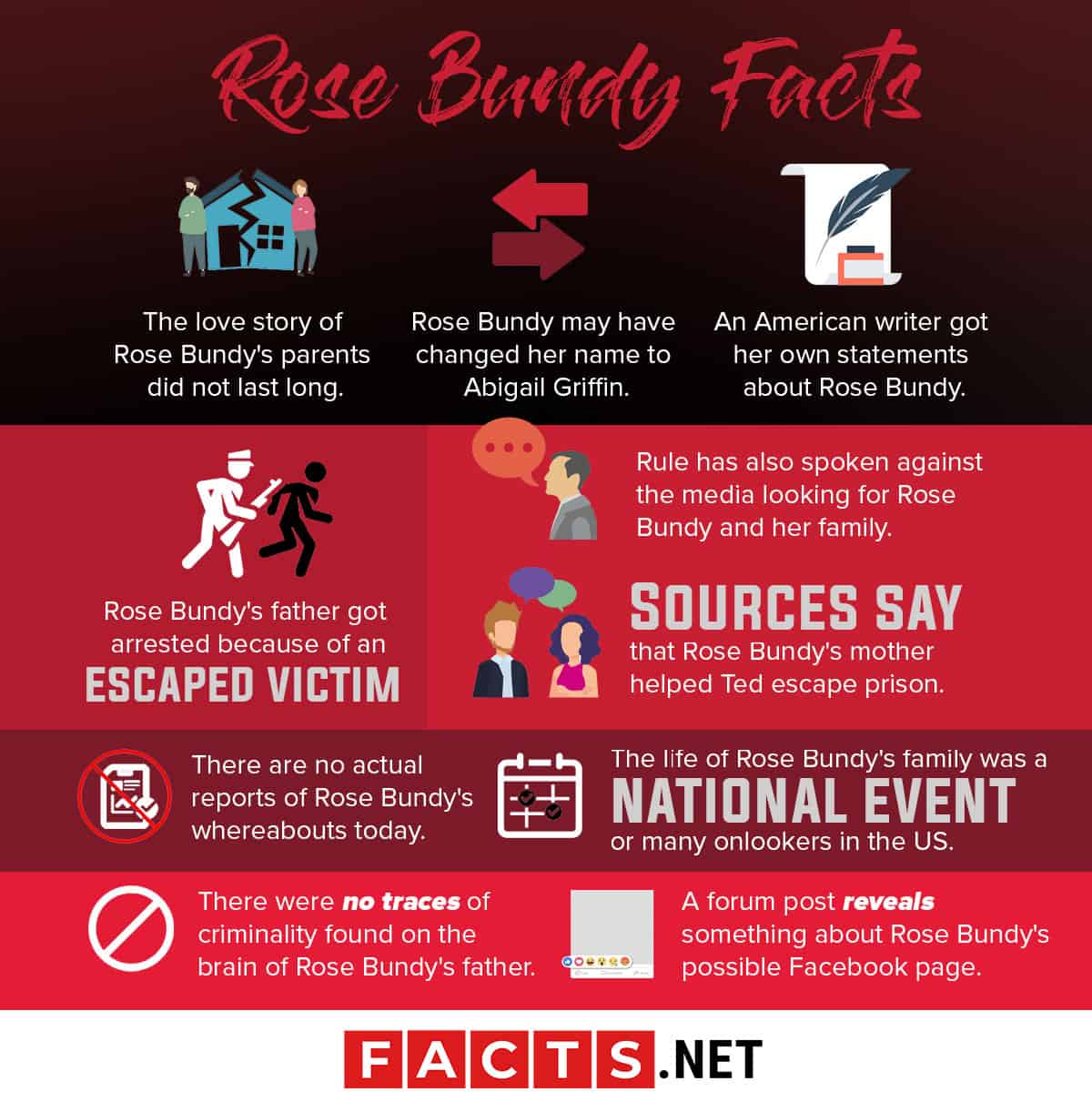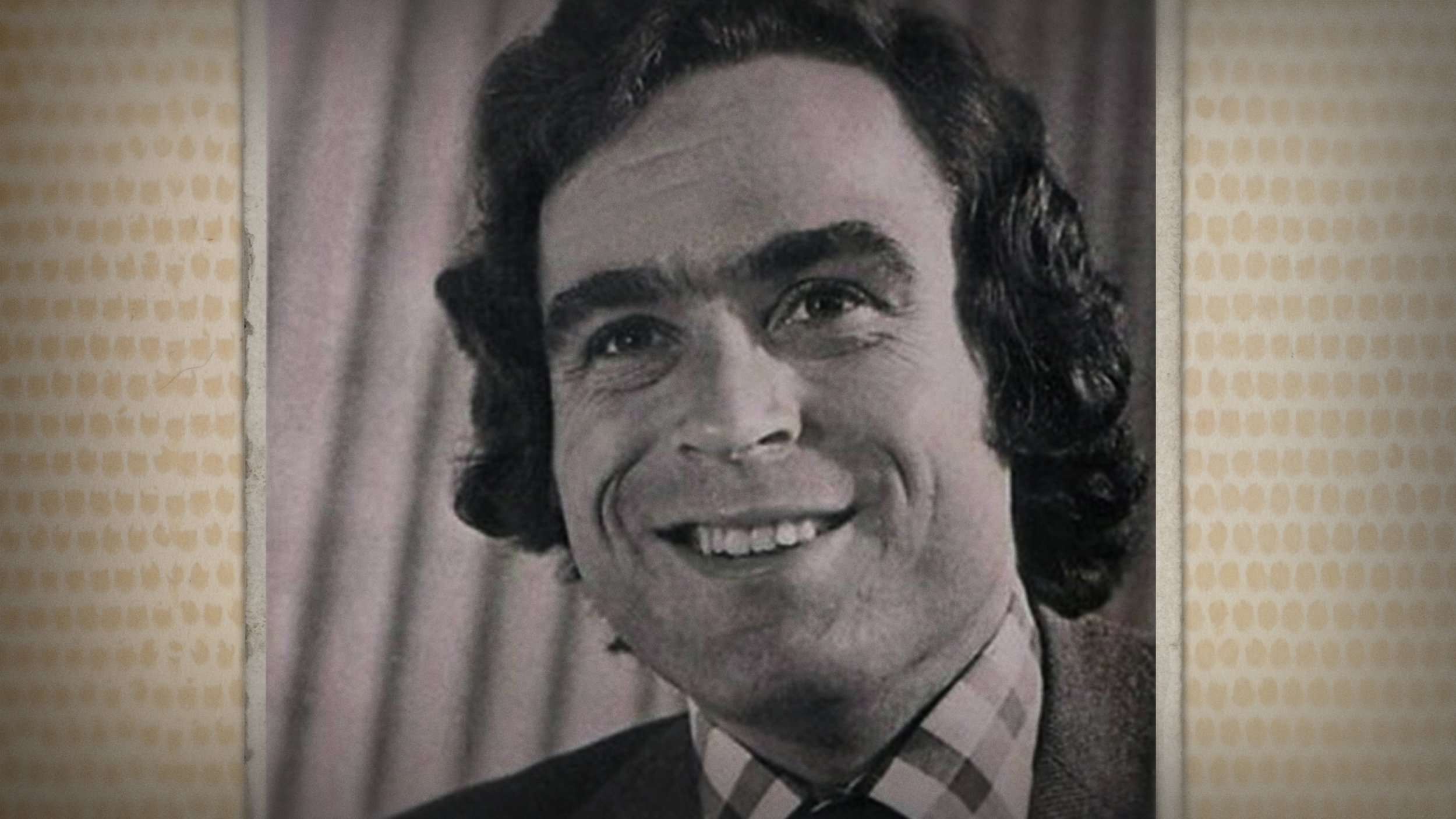Rose Bundy is a name that often sparks curiosity, especially for those who are familiar with the infamous Ted Bundy, one of America’s most notorious serial killers. While Rose Bundy isn’t a widely recognized public figure, her connection to Ted Bundy has drawn significant attention over the years. Rose, Ted Bundy’s mother, played a pivotal role in shaping his early life, though her story remains largely overshadowed by her son’s dark legacy. In this article, we will delve into her life, explore her personal details, and uncover lesser-known facts that paint a more complete picture of her influence and experiences.
Born in 1924, Rose Bundy lived a life that was as ordinary as it was extraordinary. While she may not have achieved fame or notoriety in her own right, her connection to one of history’s most infamous criminals has kept her name alive in discussions about Ted Bundy’s upbringing. Many have speculated about the role she played in his life and whether her parenting influenced his later actions. However, Rose’s story is more than just a footnote in the saga of her son’s crimes. It’s a narrative that deserves exploration in its own right.
In the sections below, we’ll explore Rose Bundy’s biography, her personal details, and the impact she had on her son’s life. From her early years to her later days, we’ll uncover the details that shaped her existence and examine the broader context of her legacy. Whether you’re a true crime enthusiast or simply curious about the people behind the headlines, this article will provide a comprehensive and engaging look at Rose Bundy’s life.
Read also:Unlocking The Mystery Of Badlilshego Ed A Comprehensive Guide
Table of Contents
- Biography of Rose Bundy
- Personal Details and Bio Data
- What Role Did Rose Bundy Play in Her Son’s Life?
- How Did Rose Bundy’s Background Influence Ted Bundy?
- What Are the Misconceptions About Rose Bundy?
- Rose Bundy’s Legacy in the Shadow of Infamy
- Why Is It Important to Study Rose Bundy’s Life?
- Frequently Asked Questions About Rose Bundy
Biography of Rose Bundy
Rose Bundy, born Eleanor Louise Cowell in 1924, lived a life that was anything but ordinary. Her early years were marked by challenges, including a childhood overshadowed by the Great Depression and a family dynamic that was far from stable. Rose grew up in a modest household, where financial struggles were a constant reality. Despite these hardships, she developed a resilience that would define her later years.
In 1946, Rose gave birth to Theodore Robert Bundy, a child whose name would later become synonymous with one of the most chilling criminal cases in American history. At the time of Ted’s birth, Rose was unmarried, a fact that carried significant social stigma in the mid-20th century. To protect her son from the judgment of society, Rose initially claimed that Ted was her younger brother. This decision would later fuel speculation and debate about the psychological impact it had on Ted Bundy.
Rose’s life was not defined solely by her relationship with her son. She worked tirelessly to provide for her family, taking on various jobs to make ends meet. Her dedication to her son and her efforts to shield him from the harsh realities of life reflect the complexities of her character. While her story is often overshadowed by her son’s crimes, Rose Bundy’s life is a testament to the challenges faced by single mothers during a time when societal expectations were rigid and unforgiving.
Personal Details and Bio Data
| Full Name | Eleanor Louise Cowell Bundy |
|---|---|
| Date of Birth | 1924 |
| Place of Birth | Philadelphia, Pennsylvania, USA |
| Date of Death | 1990 |
| Occupation | Homemaker, Various Jobs |
| Children | Theodore Robert Bundy |
What Role Did Rose Bundy Play in Her Son’s Life?
Rose Bundy’s role in Ted Bundy’s life has been the subject of much speculation and debate. While some have argued that her parenting style contributed to his later criminal behavior, others believe that her influence was minimal compared to broader societal and psychological factors. Understanding her role requires a closer look at her early years as a mother and the decisions she made to protect her son.
Early Years and Parenting Style
Rose Bundy’s parenting style was shaped by the challenges she faced as a single mother in the mid-20th century. She was fiercely protective of her son, often going to great lengths to shield him from the judgment of others. This included the decision to present Ted as her younger brother rather than her son. While this choice was likely intended to spare him from social stigma, it has been argued that it may have contributed to feelings of confusion and identity issues later in his life.
Rose was known for her nurturing nature, often prioritizing her son’s needs above her own. She worked multiple jobs to provide for him, ensuring that he had access to education and opportunities despite their modest means. Her dedication to his well-being is evident in the sacrifices she made to create a stable environment for him. However, some critics have pointed out that her overprotective tendencies may have hindered his ability to develop independence and resilience.
Read also:Discover The Best Tate Mcrae Pics A Visual Journey Through Her Career
The Impact of Secrecy and Shame
The decision to conceal Ted Bundy’s true parentage has been a point of contention among psychologists and true crime enthusiasts. Some believe that this secrecy may have planted seeds of shame and confusion in Ted’s psyche, contributing to his later struggles with identity and self-worth. Others argue that the impact of this decision was minimal compared to other factors, such as his exposure to violent media and his struggles with rejection.
Regardless of its psychological impact, Rose Bundy’s actions reflect the societal pressures faced by unmarried mothers during her time. The stigma associated with out-of-wedlock births was significant, and Rose’s efforts to protect her son from this judgment highlight the challenges she faced as a parent. While her intentions were undoubtedly rooted in love and concern, the long-term effects of her decisions remain a topic of debate.
How Did Rose Bundy’s Background Influence Ted Bundy?
Rose Bundy’s background played a significant role in shaping the environment in which Ted Bundy was raised. Her experiences as a single mother, her financial struggles, and the societal pressures she faced all contributed to the unique dynamics of their household. While it’s impossible to pinpoint a single factor that influenced Ted Bundy’s later behavior, understanding Rose’s background provides valuable context for examining his upbringing.
Rose’s financial instability meant that she often had to rely on the support of family members and friends. This reliance may have created a sense of dependency that influenced Ted’s perceptions of relationships and trust. Additionally, the stigma associated with her unmarried status likely contributed to a sense of secrecy and shame within the household, which may have impacted Ted’s emotional development.
What Are the Misconceptions About Rose Bundy?
One of the most common misconceptions about Rose Bundy is that she was somehow responsible for her son’s crimes. While some have speculated that her parenting style or decisions contributed to his later behavior, this perspective overlooks the broader context of his life and the multitude of factors that shaped his actions. Rose Bundy was, above all, a devoted mother who worked tirelessly to provide for her son and protect him from the challenges of their environment.
Rose Bundy’s Legacy in the Shadow of Infamy
Rose Bundy’s legacy is inextricably tied to her son’s crimes, but it’s important to recognize her as an individual with her own story and struggles. Her life was marked by resilience, sacrifice, and a deep love for her son, qualities that deserve acknowledgment beyond the shadow of infamy. By examining her life in its entirety, we gain a more nuanced understanding of the factors that shaped Ted Bundy’s upbringing and the broader societal context in which they lived.
Why Is It Important to Study Rose Bundy’s Life?
Studying Rose Bundy’s life provides valuable insights into the complexities of parenting, the impact of societal pressures, and the broader context of Ted Bundy’s upbringing. Her story serves as a reminder that individuals are shaped by a multitude of factors, and understanding these influences is essential for gaining a more complete picture of their lives.
Frequently Asked Questions About Rose Bundy
What was Rose Bundy’s relationship with Ted Bundy like?
Rose Bundy had a close and protective relationship with her son, often prioritizing his needs above her own. She worked hard to provide for him and shield him from societal judgment, though some have speculated that her overprotective tendencies may have influenced his later behavior.
Did Rose Bundy know about her son’s crimes?
There is no evidence to suggest that Rose Bundy was aware of her son’s criminal activities. She passed away in 1990, long before Ted Bundy’s execution in 1989, but her knowledge of his crimes remains a topic of speculation.
How did Rose Bundy’s life influence Ted Bundy’s upbringing?
Rose Bundy’s financial struggles, societal pressures, and parenting decisions all played a role in shaping the environment in which Ted Bundy was raised. While her influence is undeniable, it’s important to consider the broader context of his life when examining his later behavior.
In conclusion, Rose Bundy’s life is a complex narrative that deserves recognition beyond the shadow of her son’s infamy. By exploring her story, we gain a deeper understanding of the factors that shaped Ted Bundy’s upbringing and the resilience of a mother who faced significant challenges with unwavering dedication. For those interested in learning more about Ted Bundy’s life and crimes, the FBI’s official website provides extensive resources and insights.

